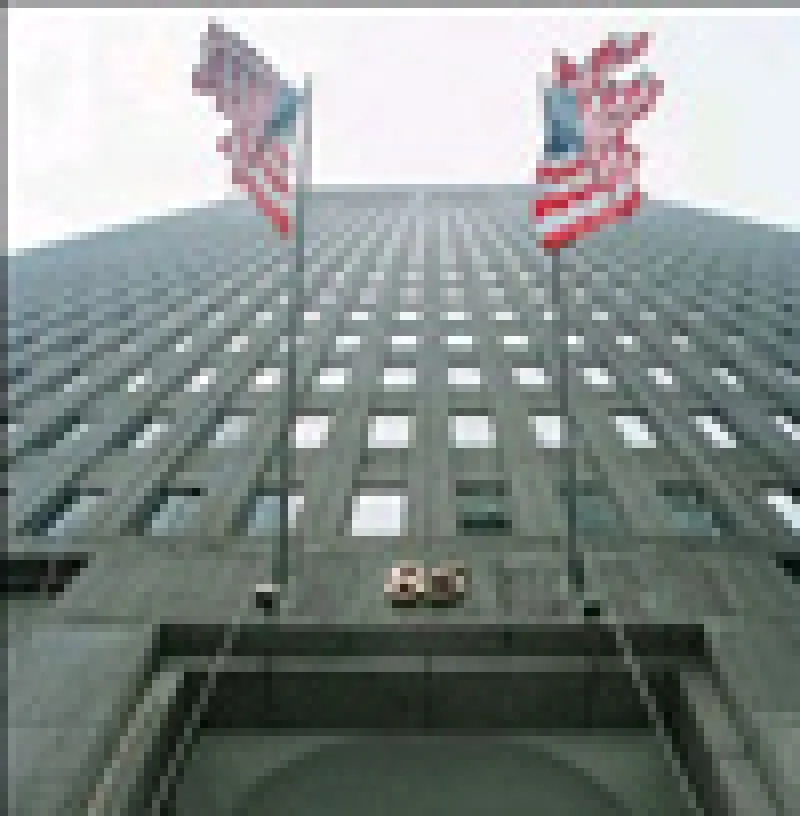The global collapse in the financial and credit markets has pummeled private equity, but not at Goldman Sachs Asset Management. The firm surpassed its own targets when it received $5.5 billion in capital commitments for its GS Vintage Fund V, Goldman’s fifth private equity secondaries fund. It will buy stakes in limited partnerships at a discount from investors eager to unload them in a hurry.
Goldman won’t reveal what it hopes to pay, but one industry expert says it could be as little as 50 to 70 cents on the dollar. “This represents a great opportunity,” notes Gregory Peterson, a partner in the transactions services division of PricewaterhouseCoopers. “They are one of the first, and biggest, to do this.”
Christopher Kojima, GSAM’s global co-head of alternative investments and manager selection, says that in some cases the fund might simply take control of a limited partnership stake without any money changing hands, in what is called a no-bid transaction that lets the original investor miss a required capital call. “Some investors are facing unusual stresses, requiring immediate capital or liquidity solutions.” In fact, most sellers are not in meaningful distress, Kojima says. Limited partners unload stakes in private equity funds for a variety of reasons. After the market collapse, some investors have found themselves overallocated to illiquid pools of assets. Some financial institutions may need to sell stakes to meet capital adequacy requirements. Some endowments or foundations may have to raise money to meet capital calls. And some pension funds need to rebalance their holdings because the value of their public portfolios has fallen.
Goldman seems to be operating from a position of strength; many of its competitors are not so fortunate. The private equity market, which had been booming less than two years ago, has come crashing down. In the first quarter a mere 78 funds raised $49 billion worldwide, down 62 percent from $129 billion raised by 203 funds during the fourth quarter, according to London-based Preqin, an industry scorekeeper that provides data and services to companies involved in alternative investments. These include buyout, real estate and venture capital funds. The first quarter total was 70 percent less than the aggregate value of closed funds in the first quarter of 2008 and the lowest quarterly result in five years, the firm says.
Preqin counts 1,673 private equity funds currently passing the hat around, 48 more than was reported in the fourth quarter. The funds seek to raise a total of $879.9 billion. The largest buyout funds on the road now are Blackstone Capital Partners VI, which hopes to raise $15 billion, and Hellman & Friedman VII, at $10 billion. “The problem is that investors don’t have capital even for the strategies that are most in favor, such as distressed or mezzanine financing,” says Tim Friedman, Preqin’s head of publications and marketing.
Not that the private equity market needs any more cash — it is awash in capital desperately searching for deals. Preqin estimates there is currently $1.15 trillion in so-called dry powder — the total amount of committed capital funds have yet to call up. Buyout firms account for $500 billion of that.
The global financial crisis has significantly reduced the earnings of potential buyout targets and placed many large institutions in financial trouble, making this a lousy environment for deals and credit. Just 188 investments worth a total of $13 billion were completed in the first quarter, compared with 279 investments worth $19 billion in the fourth quarter of 2008, according to PitchBook, a private-equity-focused research firm. Investors must now put up more cash and use less borrowed money to get deals done. The typical buyout in the fourth quarter used 52 percent equity, up from 13 percent in mid-2007. Will private equity come back to life? If the credit markets keep improving, “that’s the big thing that will grease the skids for private equity,” says John Gabbert, CEO of PitchBook.







